Singapore’s reserves in spotlight as PM Lee Hsien Loong makes rare comments about ‘nest egg’ ahead of presidential poll
https://www.scmp.com/week-asia/economics/article/3232370/singapores-reserves-spotlight-pm-lee-hsien-loong-makes-rare-comments-about-nest-egg-ahead?module=AI_Recommended_for_you_In-house&pgtype=homepage
Singapore’s reserves in spotlight as PM Lee Hsien Loong makes rare comments about ‘nest egg’ ahead of presidential poll
- The government’s decision to be more transparent about the reserves could indicate it hopes voters pick the person best suited to act as the reserves’ steward, analysts say
- Both Tharman Shanmugaratnam and Ng Kok Song advocate for a cautious approach to the reserves, but Tan Kin Lian has questioned if the government has been ‘saving too much’
A portion of up to half of the annual returns from the sum, known as the net investment returns contribution (NIRC), constitutes the second-biggest contributor to the government budget. The principal sum, meanwhile, gives the republic substantial financial firepower in times of crisis – such as during the Covid-19 pandemic – without needing to borrow funds.
When and how much of the reserves can be unlocked is within the purview of the president, in agreement with a Council of Presidential Advisers.
Observers say this system, operational since 1991, is reflective of the ruling People’s Action Party’s (PAP) anxiety that the reserves could be “raided” for short-term gain if a populist government were to take power in a freak election.
“The reserves are something which is precious, which we have inherited, because our forefathers who were not wealthier than us, but who in good years felt that they should put some money aside, save for the future, provide for their children and grandchildren,” Lee said in an interview with national broadcaster CNA.
The reserves are much like a “little nest egg” and crucial to sustain the city state – which has no “oil, tin, gold, or diamonds” – through “a very tough spot”, he added.
Singapore’s president is not an alternative power centre: Tharman Shanmugaratnam23 Aug 2023
The government has in the past fiercely rejected the opposition’s calls to spend a greater proportion of the reserves’ returns, which are managed by state investors GIC and Temasek, as well as its central bank, labelling such suggestions as disadvantageous to future generations of Singaporeans.
At present, up to 50 per cent of the long-term annual returns of the reserves can be used as the NIRC component of the government budget, with the remaining 50 per cent saved as part of the principal amount.
Local political analysts say the government’s decision to peel back the curtain on the reserves weeks ahead of the September 1 vote is likely down to its wish that voters pick the person best suited to act as the reserves’ steward.
The PAP has historically been eager to shape the narrative surrounding the use of reserves
While election rules bar the PAP from endorsing a candidate, Tharman – for years Prime Minister Lee’s top economic tsar – is seen as the ruling establishment’s choice to succeed the incumbent president, Halimah Yacob.
“Amid all the discussion about the president’s independence and custodial roles, I suppose Lee and his cabinet wanted to clarify how the current administration sees the use and management of reserves to the public,” said Chong Ja Ian, a political scientist at the National University of Singapore.
He said the recent peek behind the curtain could have provided an opportunity to defend the current use of the reserves, which some critics have slammed as “inefficient” and involves “over-saving”.
“The PAP has historically been eager to shape the narrative surrounding the use of reserves,” he said.
While both Tharman and Ng, who are widely viewed as having links to the establishment, have agreed with the government’s cautious approach to the reserves, Tan is the only candidate who has questioned whether the government has been “saving too much” in local media interviews.
Tan did not elaborate on how he intends to manage the reserves, but suggested he hoped to alleviate some of the cost pressures faced by Singaporeans. He echoed calls by critics who have urged the government not to go ahead with its goods and services tax hike increase of 1 percentage point to 9 per cent, set to take effect next year.
“I intend to work with the government to ensure that the past reserves are used wisely for the benefit of our current and future generations,” Tan said during a national broadcast on Thursday.
Singapore lucky to have Tharman and me running for president: Ng Kok Song23 Aug 2023
Meanwhile, his opponents have echoed Lee’s anxieties about “frittering” the reserves away, with both having spent years being in the institutions that oversaw the same reserves that they intend on protecting if elected.
Ng said during a recent interview with This Week in Asia: “I hope to tone down some of the misperceptions [out there] … that the government is not doing enough, we can spend more. So I think the debate is being nourished by more explanation, such as what the prime minister has done.
“If I’m the president, I understand exactly everything that the prime minister said. But I don’t think enough Singaporeans understand that.”
Critics have called for greater transparency about the reserves, but Tharman, who was finance minister from 2007 to 2015, defended the government’s approach in his interview with This Week in Asia. The official position is that the size of the reserves must be withheld to prevent speculative attacks on the Singapore dollar.
Tharman said in the interview that besides the prime minister, there were others who knew the value of reserves, which allowed for “some checks and balances”.
“I think we’ve explained repeatedly why it’s not a very sensible strategy nationally, to reveal to the world, you have the full size of your defences. I think that argument remains valid,” he said.
Singapore kick-starts presidential campaigning amid ‘pretty girls’ controversy22 Aug 2023
Former president Ong Teng Cheong had used his position in 1993 to stress-test the system, and prompted the government to come up with a framework that addressed these issues, which has since gone through “constant fine-tuning and improvement”, Tharman said.
The government then released a white paper on principles for determining and safeguarding the reserves, which also required agencies to provide the president with regular financial reports.
Ong supported the decision to amend the constitution to save 50 per cent of the investment income while spending the other half.
In the 2000s, the government settled on the net investment income and net investment returns framework, otherwise known as the NII and NIR, respectively, as a means of improving the system.
The current government’s philosophy has not changed since that of the early founding fathers and Tharman, the front runner to win Friday’s presidential election, is unlikely to chart a different course from his predecessors.
“Our reserves were hard-earned, over generations,” he said during this week’s national broadcast. “They reflect the unique foresight of our founding leaders, and the willingness of generations of Singaporeans to save for a better and safer future. They give Singapore significant advantage in a profoundly uncertain future. They must be made to last.”

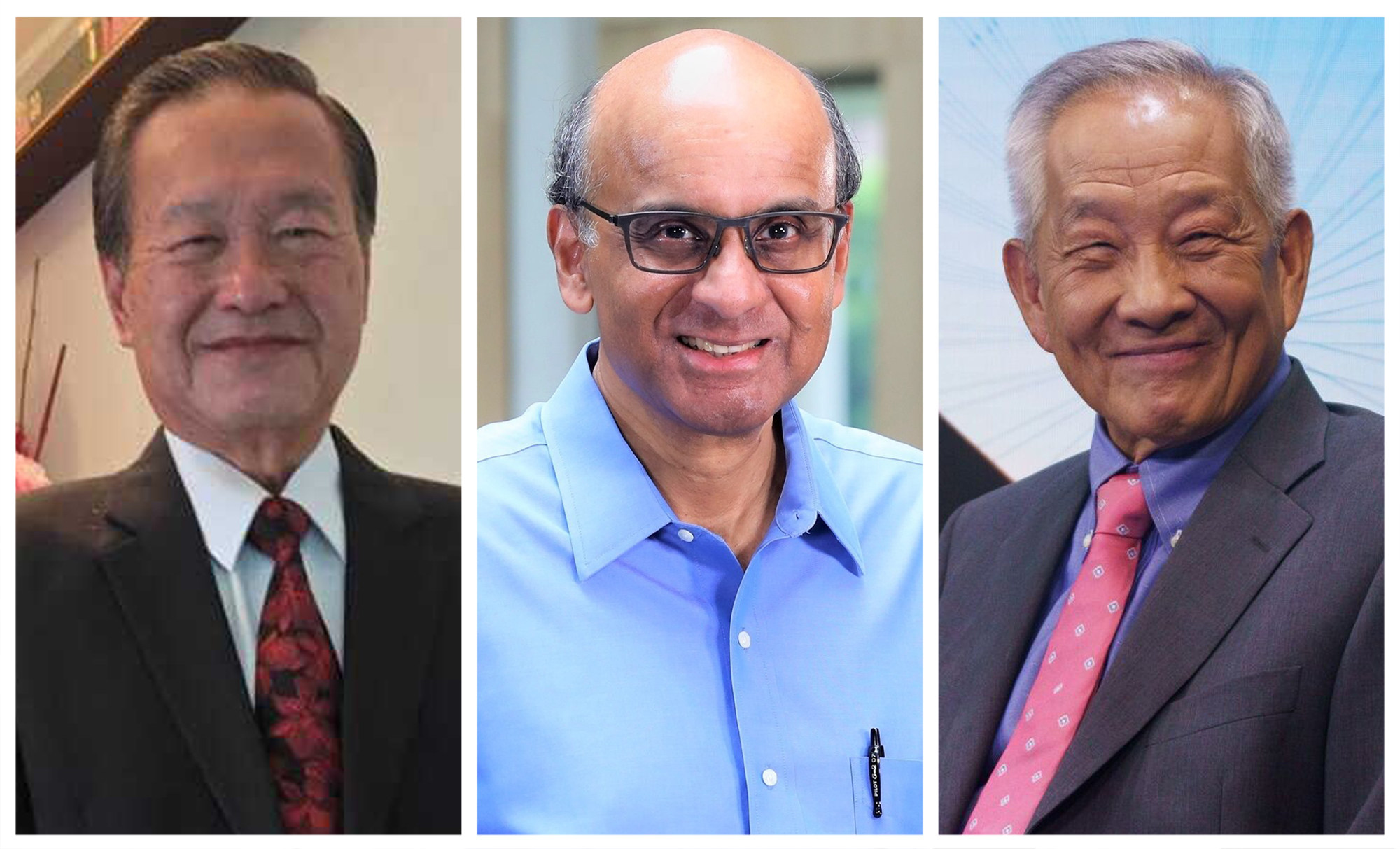
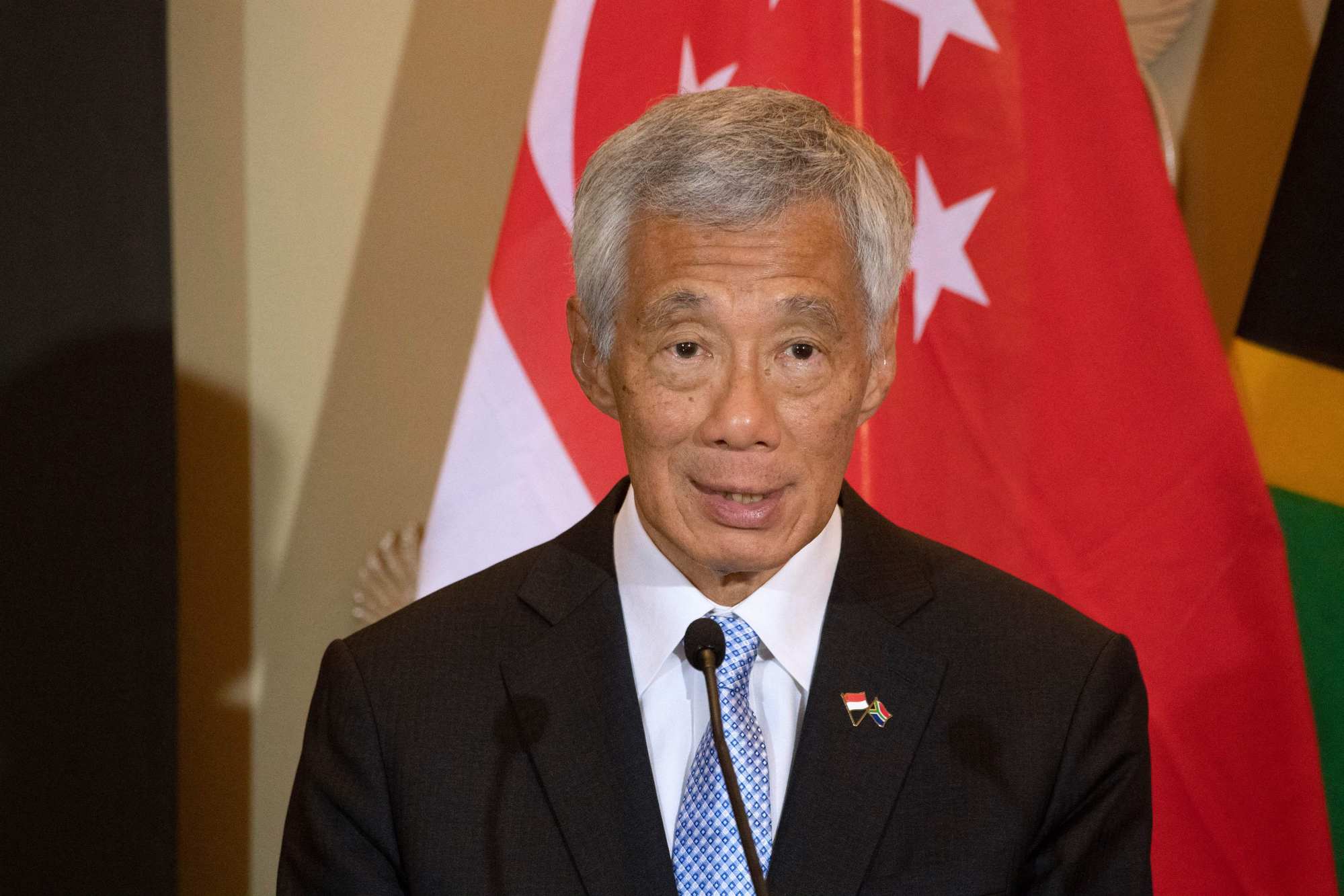
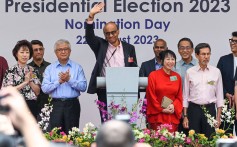
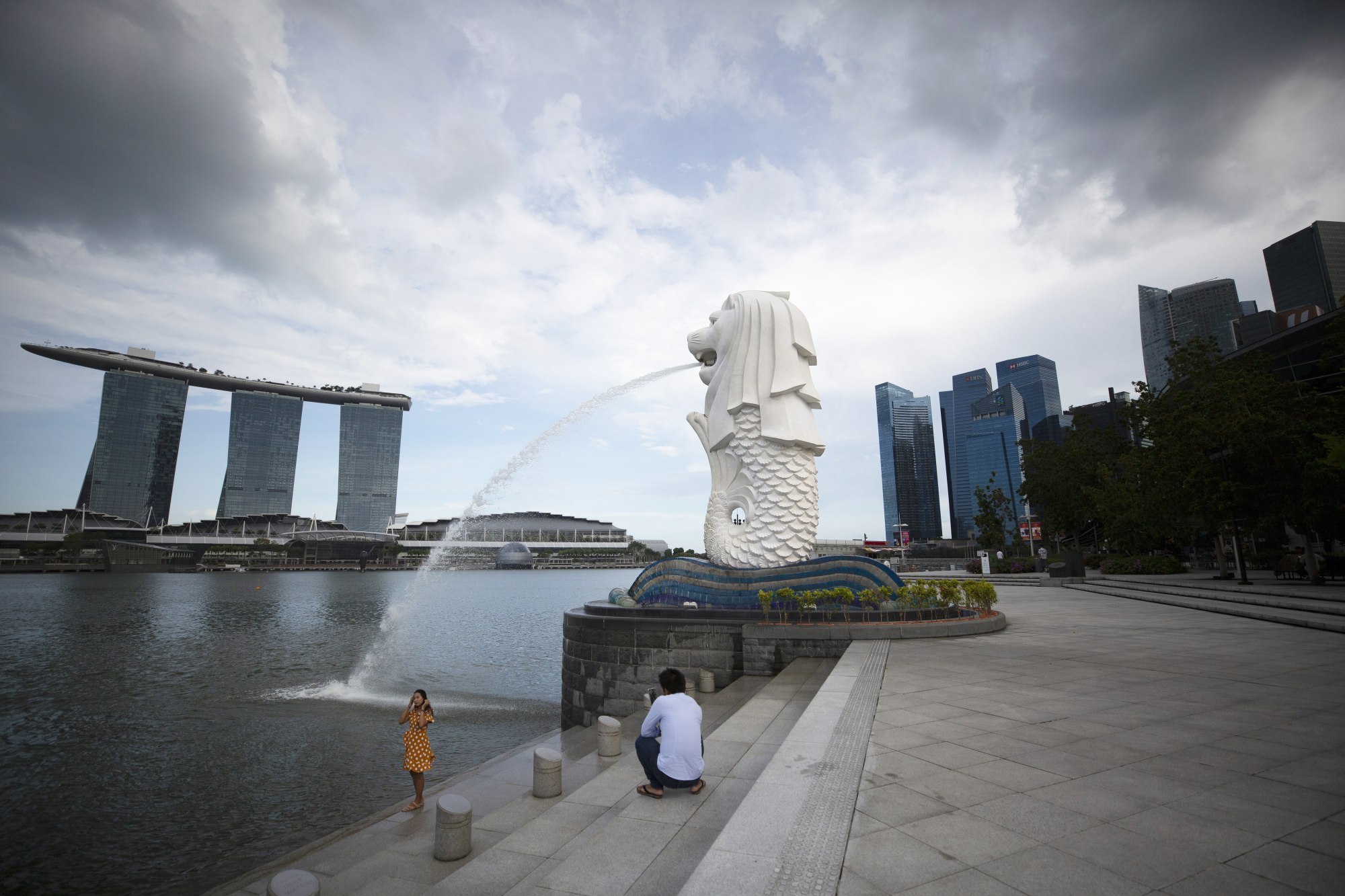
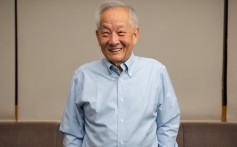
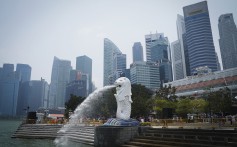
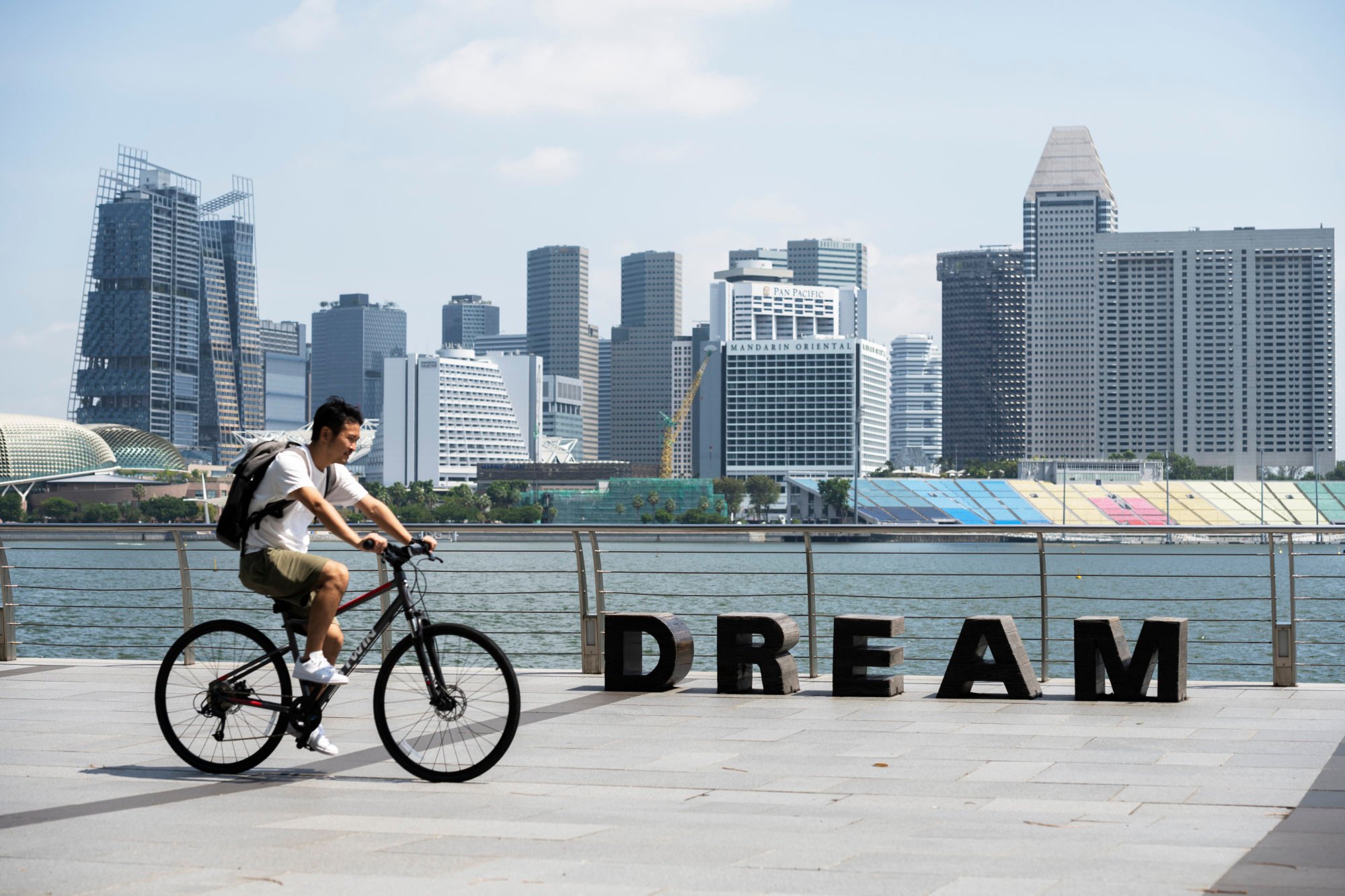
Comments
Post a Comment